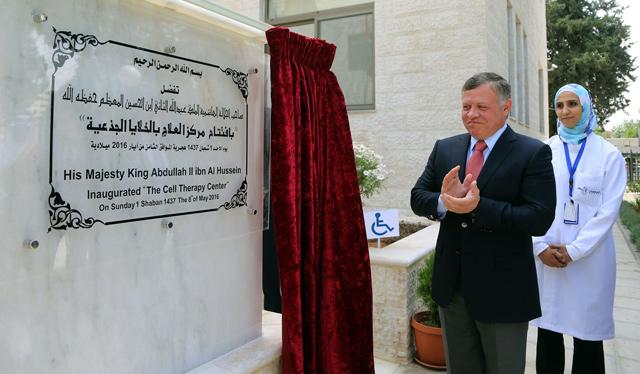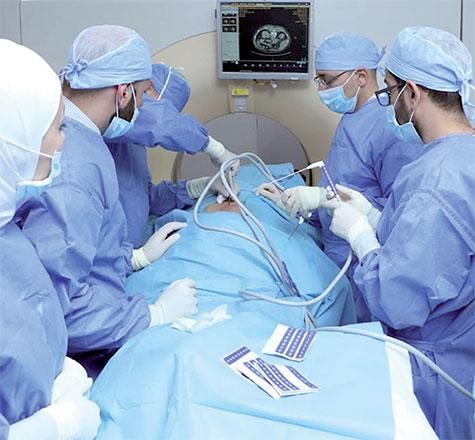You are here
Two-month residency policy to boost medical tourism revenues, resolve complications — specialists
By Maram Kayed - May 22,2019 - Last updated at May 22,2019
AMMAN — The decision to grant medical tourists who possess “certain unrestricted nationalities” a two-month residency instead of one was met with applause in the tourism sector.
Mohammed Samih, president of the Jordan Society of Tourism and Travel Agents said that tourism agencies “have been calling for such a decision for quite a while”.
Samih said he was “particularly enthusiastic” for those receiving skin-disease treatment.
“Usually, intense skin treatment courses last for several weeks, which posed a problem with the one-month residency [policy] was in effect,” he noted.
“Medical tourists had to be granted approval by several entities to renew their visas, and the bureaucracy of the process took time that could otherwise be dedicated to their treatment,” Samih added.
The decision was also found favour among doctors, who said that they had encountered cases where a patient’s initial diagnosis was wrong.
“Sometimes, people, especially those in neighbouring countries, come to Jordan for a procedure they thought would take one or two weeks to recover from,” said Ali Haboub, a physiotherapist.
In many cases, it turns out therapy too, even treatment, can take longer than they anticipated.
“When they get here, it may be discovered that the procedure takes more than they expected. A residency limited to one month further complicates things for them,” he said.
Interior Minister Salameh Hammad signed the amendment on Tuesday.
The Jordan News Agency Petra quoted him as saying that “the decision will invigorate tourism, in addition to further the benefit from Jordan’s natural resources, which posses healing properties”.
A two-month residency comes as a continuation of focus on medical tourism.
It was first highlighted in the First Tourism Convention of 2019, one of a series of conferences planned to discuss boosting religious and medical tourism in Jordan.
Held recently, the conference shed light on the importance of Jordan “taking advantage of its strategic position in the region”, as put by head of the Great Arab Revolt Club Baker Majali.
Jordan ranked first in the region and fifth internationally in the medical tourism category, according to a World Bank study.
On Jordan’s tourism sector as a whole, Samih concluded that in order “to maintain our reputation and improve it, we need to address issues that we still have in the sector, such as the poor quality of buses, shortage of tour guides, and lack of accommodation in Petra”.
Related Articles
AMMAN — “Under the direction of His Majesty King Abdullah, the sector of medical tourism has seen exceptional support, support which has thu
AMMAN — The King Hussein Cancer Centre (KHCC) is the first hospital in the Kingdom to successfully perform a cryoablation operation for kidn
AMMAN — Interior Minister Ghaleb Zu’bi on Tuesday met with board members of the Private Hospitals Association (PHA) and discussed visa issua


















